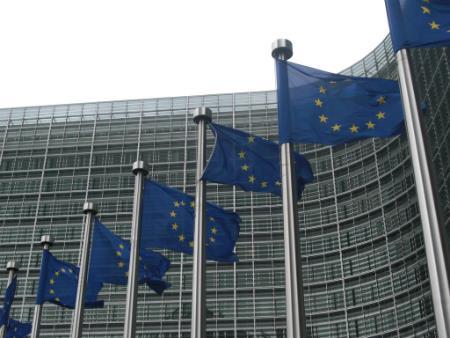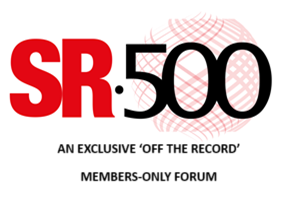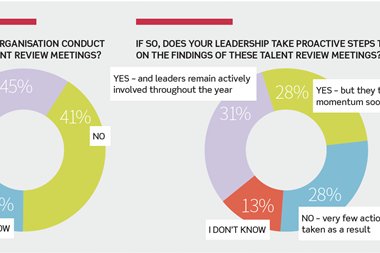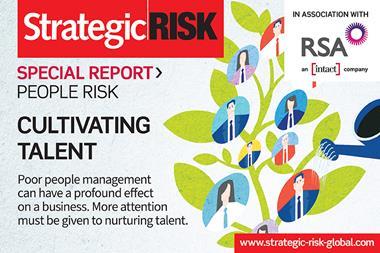European Commission told to recognise the “fundamental role of risk managers and the value of ERM” in the reporting of corporate risks

Enterprise risk management (ERM) is the best method for companies to approach the new EU requirements for large companies to report on their non-financial or corporate social responsibility risks, FERMA said in its response to the European Commission’s consultation on Non-Financial Reporting Guidelines.
The guidelines follow article 2 of Directive 2014/95/EU on disclosure of non-financial and diversity information by certain large public-interest entities, such as listed companies. A large proportion of the 4,700 European risk and insurance managers represented by FERMA work for companies that are within the scope of the Directive.
Under the Directive, which goes into effect in 2017, these entities should disclose in their management report relevant and useful information on their policies, main risks and outcomes relating at least to: environmental matters, social and employee aspects, human rights, anticorruption and bribery issues, and diversity in their board of directors.
FERMA president Jo Willaert said: ”It is difficult for specialists in each department to connect different aspects of risk across functions, leaving grey areas where reporting may be incomplete. We, therefore, urge the Commission to recognise in the guidelines the fundamental role of risk managers and the value of ERM methodology in the reporting of non-financial or corporate social responsibility elements, which require a deep understanding of the business model of the organisation.”
FERMA has also told the Commission that the value of reporting the risks connected with non-financial elements of business conduct goes far beyond concern for reputation management.
“Being in control of these risks opens the way for productivity and efficiency gains over the long term,” FERMA stated in its submission. “The creation of a complete, company-wide risk management policy, including non-financial aspects, that leads to thorough risk knowledge should be seen as a global decision-making tool for the board.”




















No comments yet